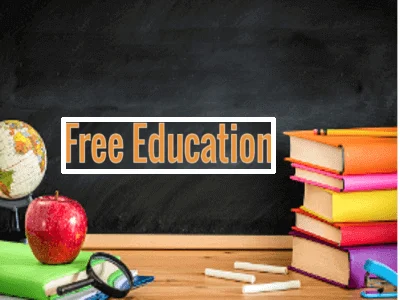Access to Quality Education is Paramount

Ensuring access to education is an essential matter in advocacy. It demands that all people, regardless of their socio-economic background, should have entry to quality schooling. This might include providing financial aid, reforming policies to make academics more accessible, and advocating for increased investment in educational infrastructure. Moreover, we must promote equitable admission to mentoring opportunities, such as gateways to technology, training, and resources. Knowledge awareness should be an essential part of any advocacy campaign, as it can have an immense effect on a person's quality of life.
Technology as a Key to Educational Opportunities
Technology provides an essential array of enlightened opportunities. It can grant people the ability to receive information, resources, and training that would otherwise be inaccessible. It can also reduce the cost of learning, allowing students to obtain materials and resources without paying for them. Furthermore, technology can promote social-emotional development and learning, as it enables students to communicate with others and engage in meaningful conversations and collaboration. And, finally, it can encourage equity in intellectual development access, ensuring that those who would ordinarily lack procurement to higher learning opportunities can still benefit from them.
Technology Enhancing The Quality of Our Lives
In addition to offering key entry to learning opportunities, gaining entry way to technology can also improve a person's quality of life. Technology can enable people to retrieve healthcare services, getting medical information and resources even when they are not able to leave the house. It can reduce the amount of time people spend commuting, allowing them to utilize information, resources, and services much more quickly. Moreover, it can provide more job opportunities, as people can find and apply for jobs that they would otherwise be unable to. All in all, technology can be a real game-changer, and should be at the heart of any advocacy campaign.

